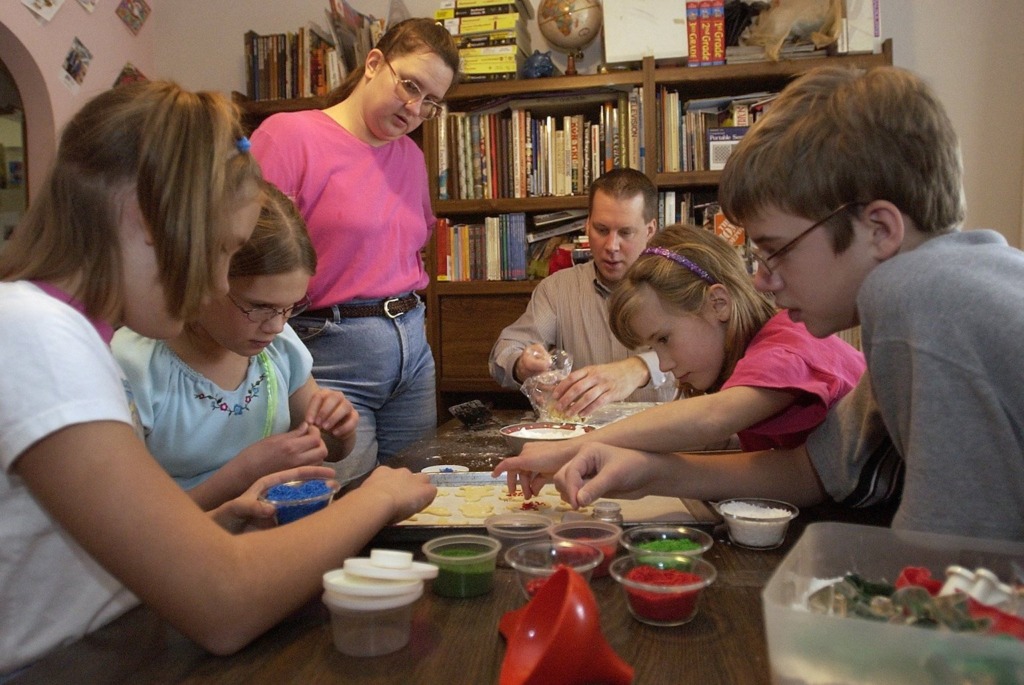Once, an elderly archbishop was hosting a gathering at his home during the holidays. Someone presented him a gift that included a refrigerator magnet with that familiar cheery bromide, “Jesus is the reason for the season!”
The archbishop grinned sardonically.
“He gets blamed for everything,” he muttered.
If anything brings out the conflicting sides of our spiritual quest, it’s the Christmas season. If anything brings out the yearning for quiet reflection and simplicity, and throws that yearning kicking and screaming into the maelstrom of American busyness and consumerism, it’s the Christmas season.
If any time of the year finds our hearts sometimes torn between the season and the reason for its celebration, it’s Christmas in our cultural milieu.
To remedy this conflict between our spirituality and our social reality, we might begin the season with a quiet period of reflection. That sounds good, doesn’t it?
But when, actually, does the season begin? We know when Advent begins. But let’s face it, even though we decry the commercial tendency to jump right from Halloween to Christmas, many of us are formulating Christmas shopping lists in our minds even before this.
Christmas shopping can become a heavy burden, often laid upon women in particular, and it sometimes requires the planning and execution of a major military campaign.
The lists grow too long, the search for perfection too taxing, the need for fairness too constraining, the budgetary limits too narrow.
And then there are the cards, the cookies, the Christmas programs and parties.
This can be fun, but what happens when it all just seems like too much? What happens when you look at your kids and wonder if they really get the meaning behind all this, or is Jesus’ humble birth being lost in holiday catalogs, “asks” for Santa and plastic wrappers that will pollute landfills long after the toy is discarded.
It’s OK to admit that during this holy season, you’re sometimes feeling pulled in two directions.
Where’s the simplicity of Christ’s life in the midst of this?
So back to that idea about beginning with reflection. Maybe the hectic Advent and pre-Advent season is a good time to acknowledge that every day, in every season, should begin with reflection.
It’s easy to say we have no “time” to pray. But do we have time for television, social media, endless scrolling through our various feeds? We all have “time.” It’s a question of how we use it.
During Advent and the Christmas season, offer God three gifts: yourself, silence and time. God will do the rest and gift us bountifully.
We might ask ourselves two questions each day.
One, how can I simplify? Teach your children to want less and to give more. A little gift-giving mantra for what we buy our kids and grandkids: “Something they want, something they need, something to wear, something to read.”
Notice the emphasis on “something,” not “lots of things.” Cut back on junk. Focus on a quality gift, and perhaps gifts of time and experience as opposed to more plastic. This can apply to grown-up gifts as well.
Second question to reflect on daily: How can I give, today? Don’t make it one more stressful, costly duty. Instead, think of simple gifts of love. A phone call to a lonely relative. Reaching out to an estranged family member.
Baking cookies? Have your kids deliver some to an elderly neighbor. Read your kids a book about Jesus’ birth or watch a movie that brings out the beauty of Christmas. Share a dinner conversation about how today’s refugees are much like the child Jesus, and how we might help them.
Mark on your calendar what “gift” you gave each day, and in gratitude, one gift you received. Then, leave the stress behind. You’re doing your best. And have a Merry Christmas.
Caldarola is a freelance writer and columnist for Catholic News Service.

